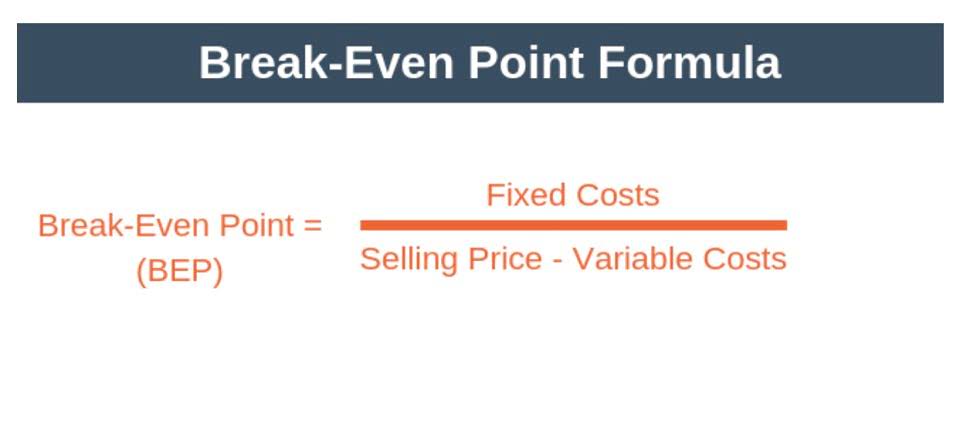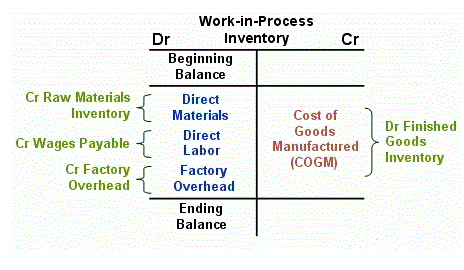
When you start a sole proprietorship, you are limited in the ways you can obtain funding since you aren’t incorporated and can’t secure funds by selling shares of the company. The survival of a sole proprietorship often depends entirely on the owner’s continued ability to run the business. In this case, the business may not be able to carry on if something were to happen to the owner. When considering the structure of your business, it’s equally important to consider disadvantages. The sole proprietorship comes with challenges, such as increased personal liability and limited capital and growth potential.

Self Employment Income And Expenses
- This should be a daily process, to ensure all the transactions from the day are logged correctly.
- Our mission is to provide reliable and accurate financial solutions to businesses of all sizes, ensuring their success.
- Any fees or charges incurred for business banking, such as overdraft fees or payments by credit card.
- Both an LLC and a partnership provide limited liability that the sole proprietorship doesn’t.
- Start by importing credit card transactions into your bookkeeping software, then compare them with those in your accounting records.
- Business costs are anything you have spent money on to help you earn your income, such as office supplies or travel costs.
Regular consultations help to stay informed on tax legislation changes and ensure the financial strategy of the sole trader is tax-efficient. For accuracy, consider using software tools tailored for sole traders. They can categorise expenses and generate reports more efficiently than manual methods. Cash flow is essentially the movement of money in and out of your business. Your income streams are like the taps filling it up, and expenses are the various outlets letting water out. To do that, you’ve got to be on top of your cash inflows and outflows.

Their accounting obligations
Each type is designed to help you organize a different aspect of your finances so no data slips through the cracks. To make this process easier it’s recommended that you use an accounting system which automatically generates payment records as well as allows you import bank transactions. Having this critical information readily available at your fingertips helps you make sound financial decisions that will guide the future success of your business. Using the accounting software’s mobile app you can scan and upload receipts and digitally record expenses, and many other obligations such as invoicing and bank reconciliation can be automated. Although not a legal requirement for sole traders, having a separate business bank account helps to keep things organised. Creating financial statements is a crucial aspect of bookkeeping for sole traders.
Annual Self-Assessment Tax Returns
- There are even business apps that allow you to take a picture of your receipts, making it easier to keep a record without having the worry of losing your receipts.
- Sole traders also face an element of risk that’s inherent with the business structure.
- To reconcile your bank account, start by importing bank transactions into your bookkeeping software.
- Leverage bookkeeping data to generate financial statements, tax documents, cash flow projections, KPI evaluations, and more to gain visibility for decision-making.
- Small teams allow sole traders to have more informal accounting processes versus corporations.
- Keep accurate records of all your business transactions; it’s not just good practice, but it’s also required by law.
While it might seem daunting, understanding accounting is crucial for maintaining a healthy financial position for your business. While choosing a sole trader accounting software, it’s tempting to go with the cheapest. However, the lowest cost ledger account tool may not be the best accounting software.
Accounting obligations for private limited companies under the standard actual regime
So, bookkeeping and payroll services as you can see, there are plenty of options for sole traders to help keep their accounting in order. Whether you use an Excel spreadsheet, bookkeeping template or online accounting software, it’s important to ensure that all records are kept up-to-date and secure. Technically, ‘sole trader’ refers to a business structure that is subject to specific tax requirements. For this reason, it’s important to understand the best practices for financial record keeping for sole traders. Being self-employed is a great way to take control of your career and make money, but it also means you’re responsible for managing your finances.
What are the common accounting mistakes of sole traders?
As a business owner, no matter what structure you adopt will need to know about the taxes that apply to you. It’s essential that you understand the tax rates and information for the self-employed. Here is all the important tax information that you need to know as a sole trader. When it comes to choosing the bank to open your business account with, make sure to look at the costs and features they offer. You sole trader accounting will normally have to pay a fee for having a business bank account, whereas a personal account is free.
- But the benefits of working with a sole trader accountant go way beyond just getting your taxes right and in this post we’ll examine how working with an accountant can help.
- To be able to effectively deal with taxes and pay them on time, preparation is key.
- Sole trader businesses are required to maintain good bookkeeping records.
- Record retention for sole traders is also essential so that you can write off bad debt if necessary.
- Using cloud accounting software as a sole trader also means you can cut down on paper, saving you money and space—the latter may be in short supply in your home office or workshop.
- It’s a bit like updating your address when you move; HMRC needs to know where to find you.

Given the sensitive nature of financial data, robust security measures are critical. By leveraging these technologies, sole traders can maintain financial integrity while capitalizing on digital advancements. Operating expenses, cost of goods sold, and capital expenditures should be distinctly recorded. This allows for better cash flow management and helps identify potential cost-saving measures. Adhering to tax code provisions, such as IRC Section 162 for deductible business expenses, ensures compliance and reduces taxable income.
